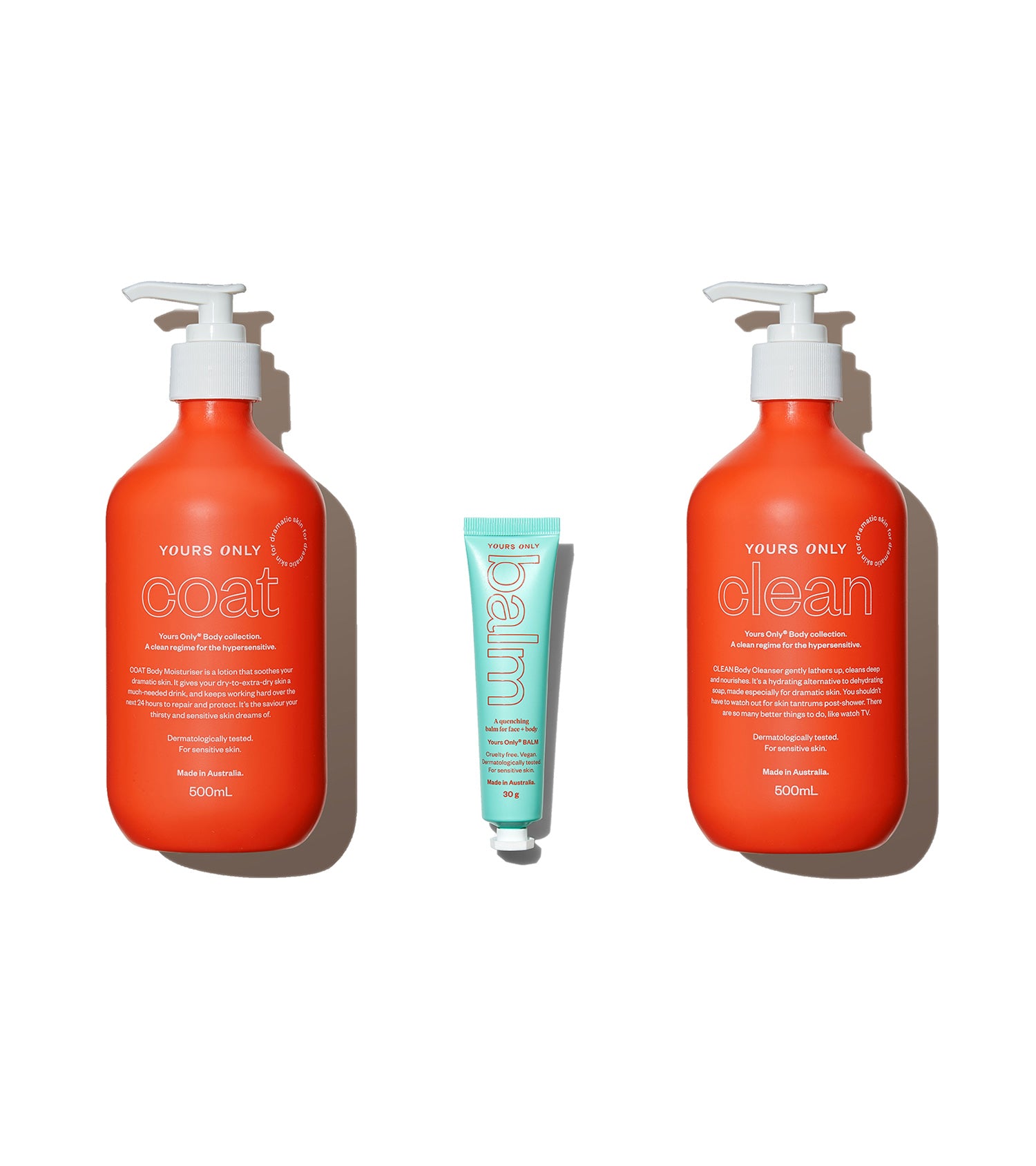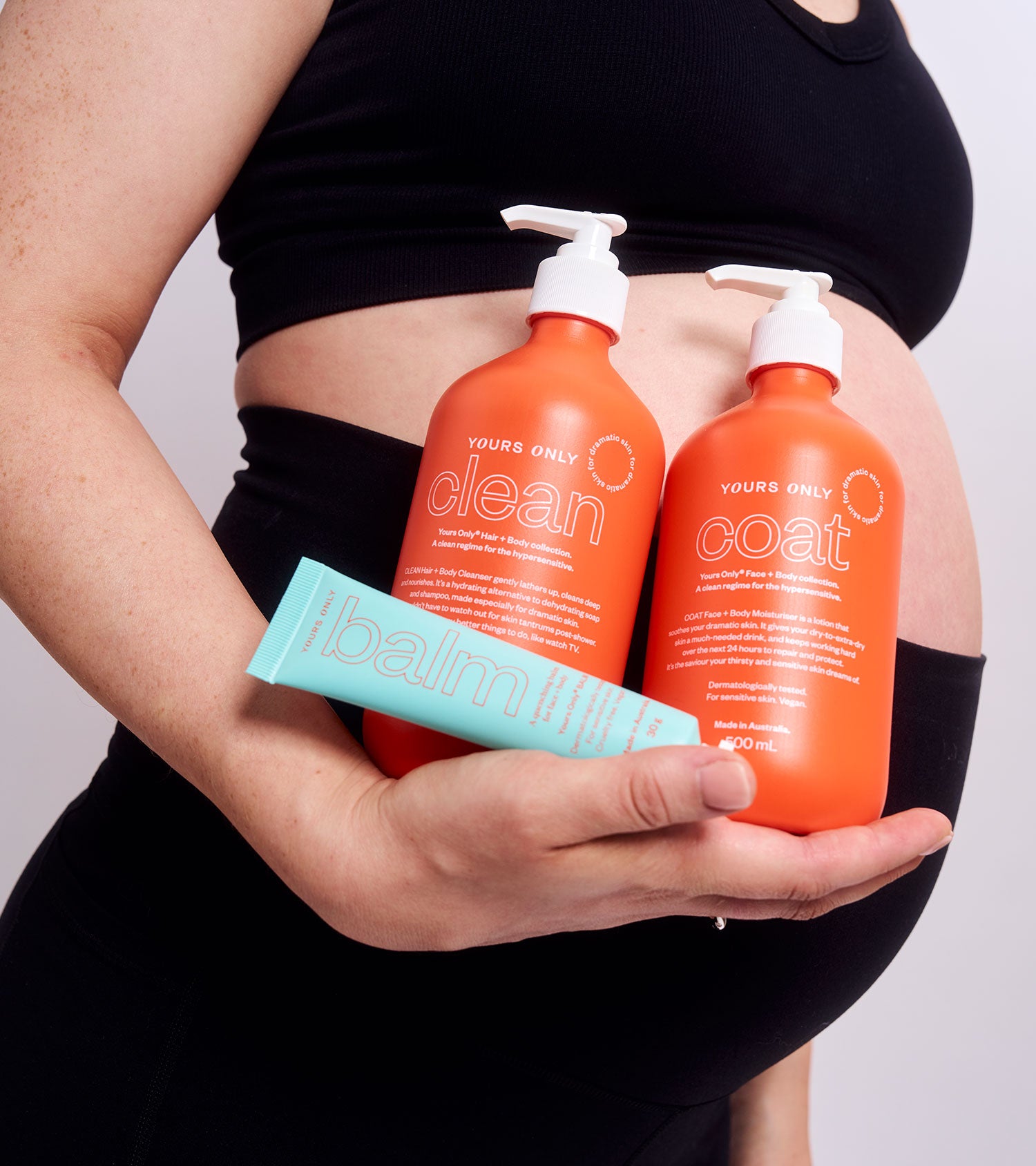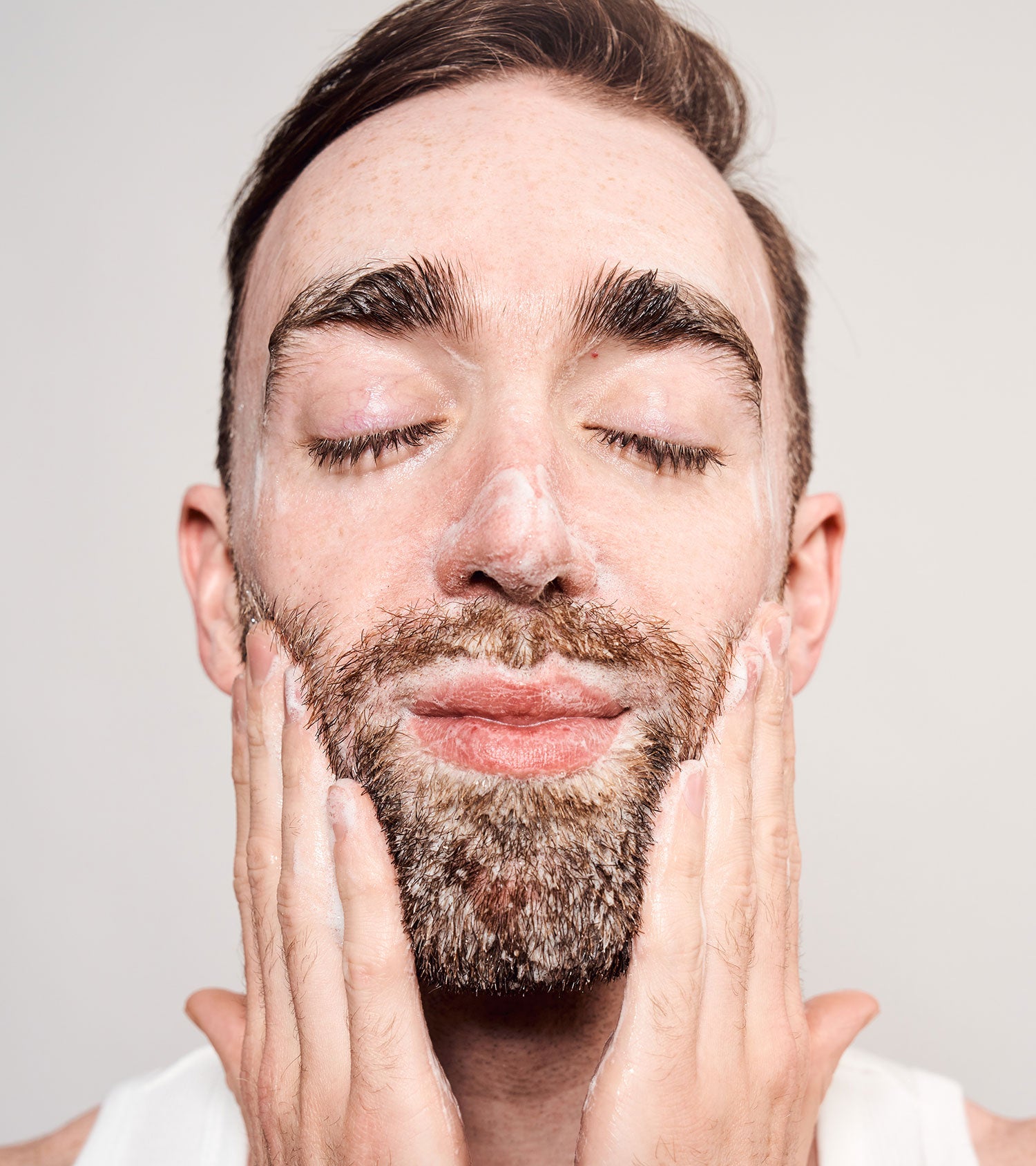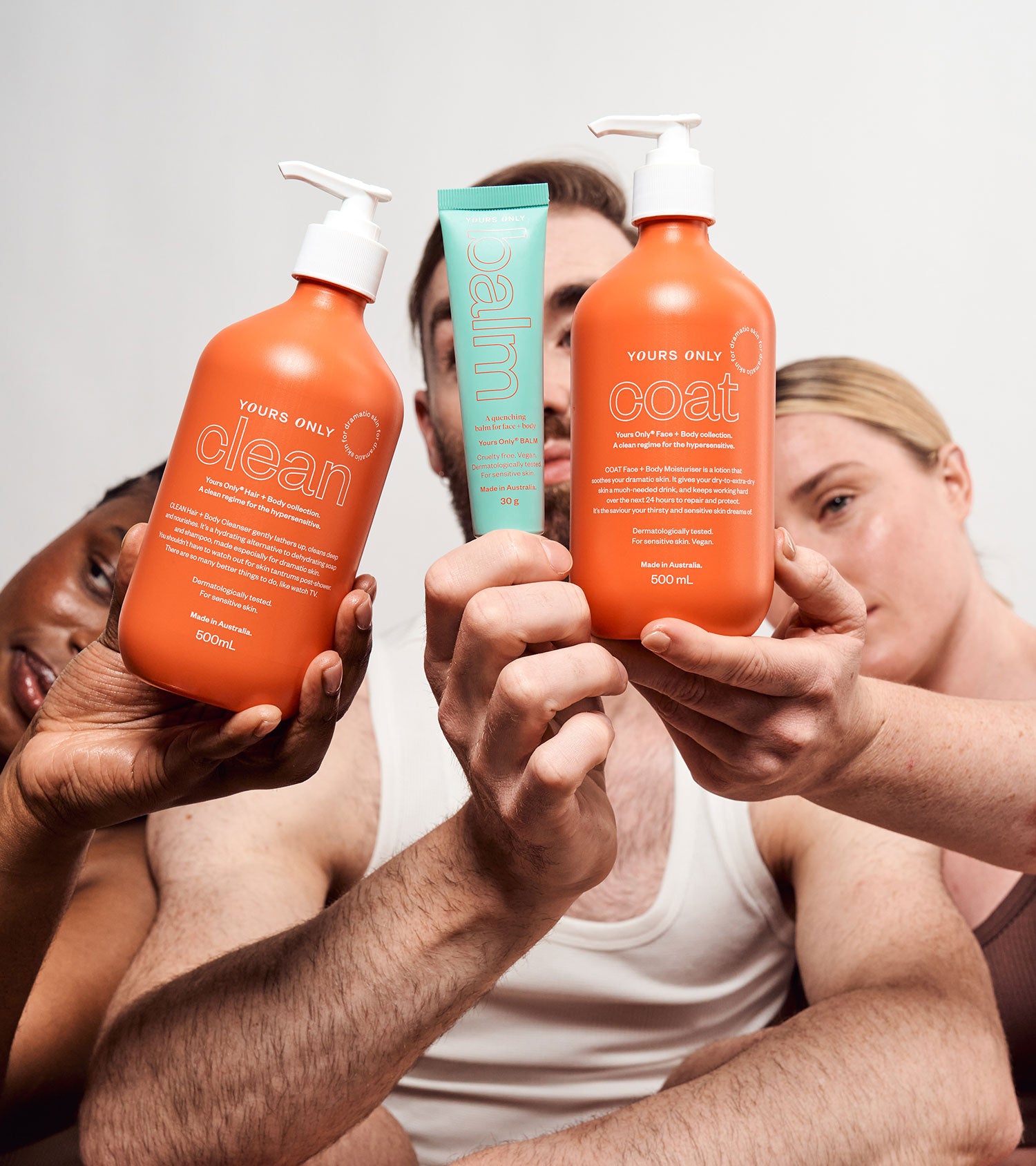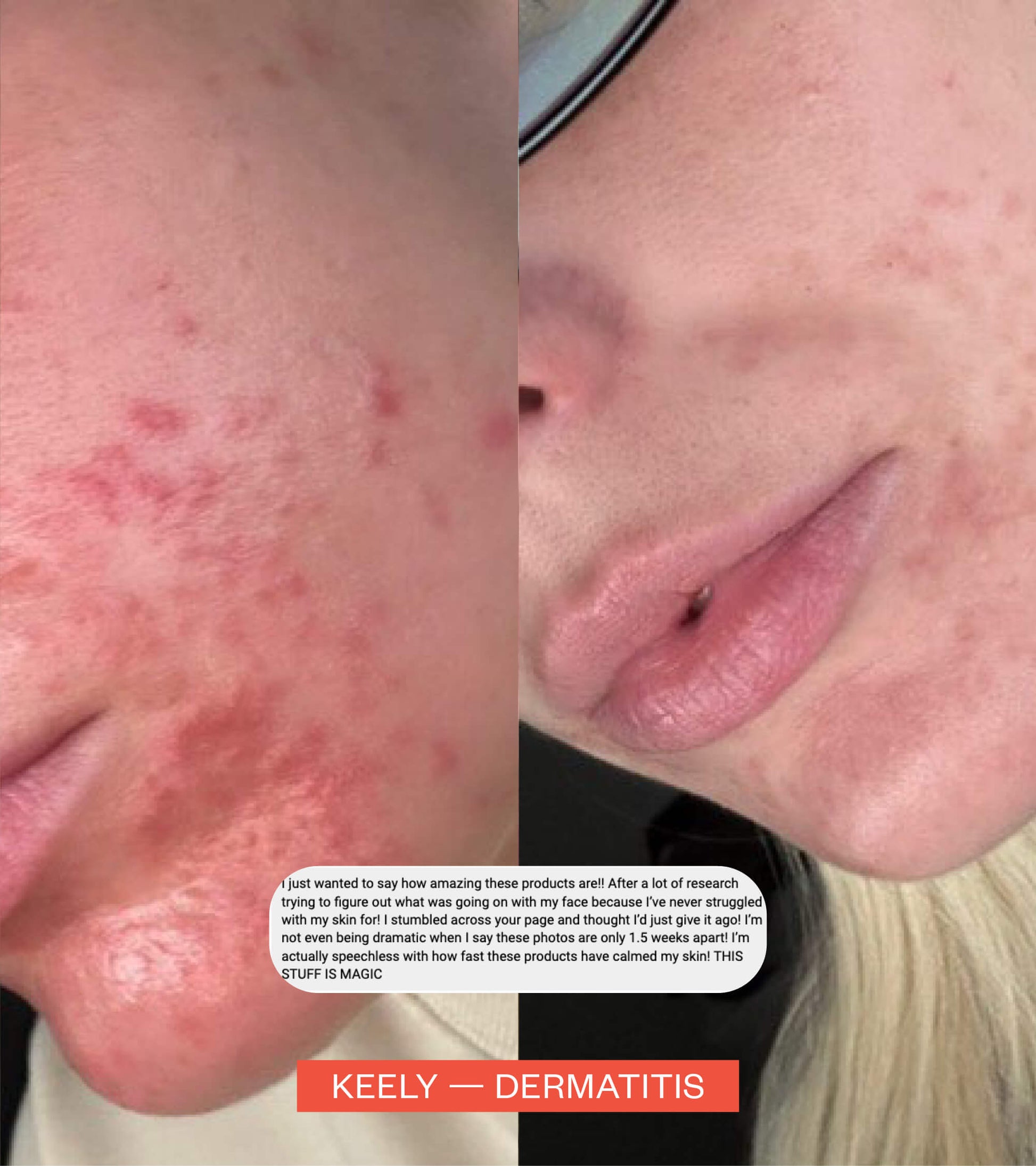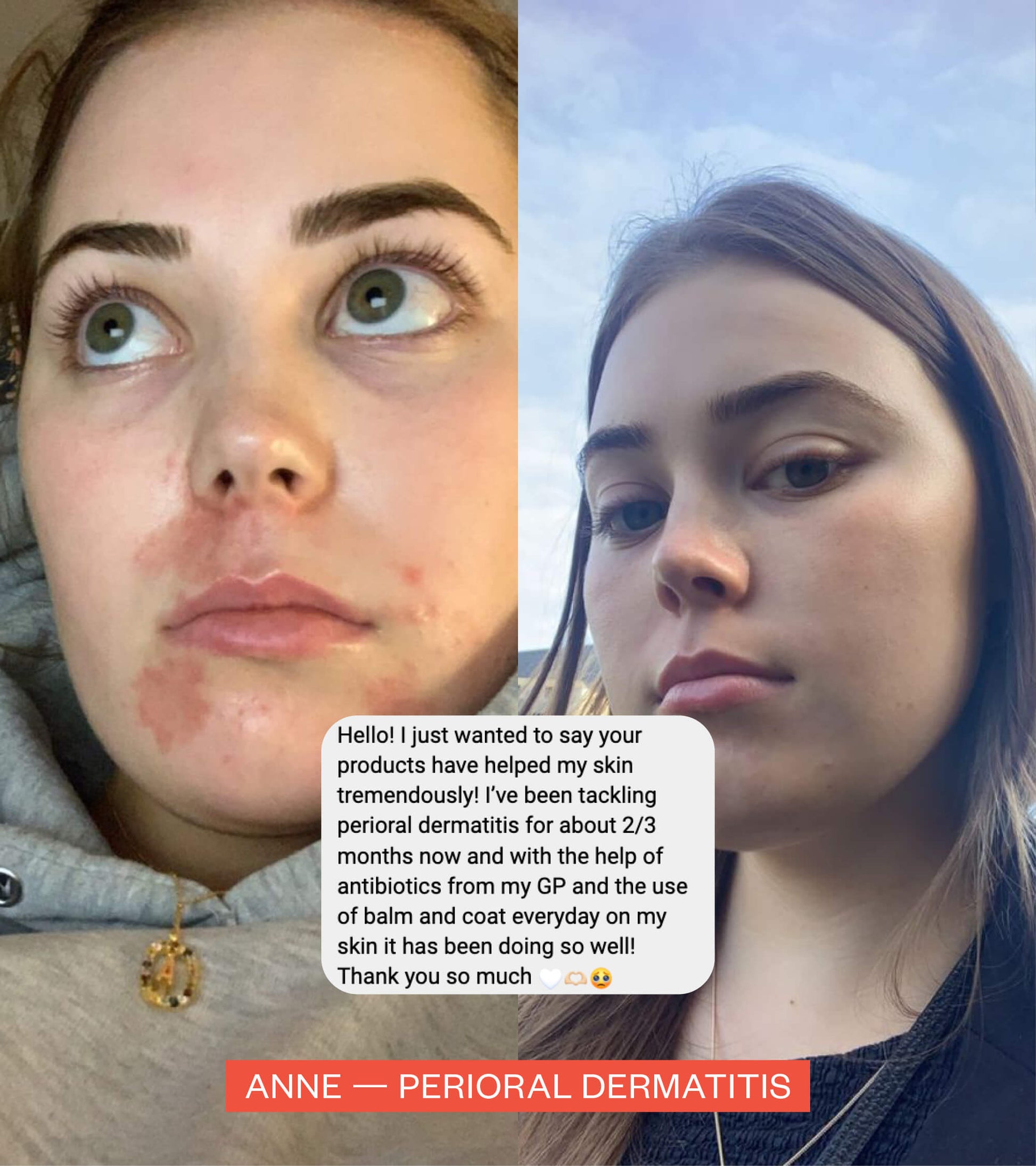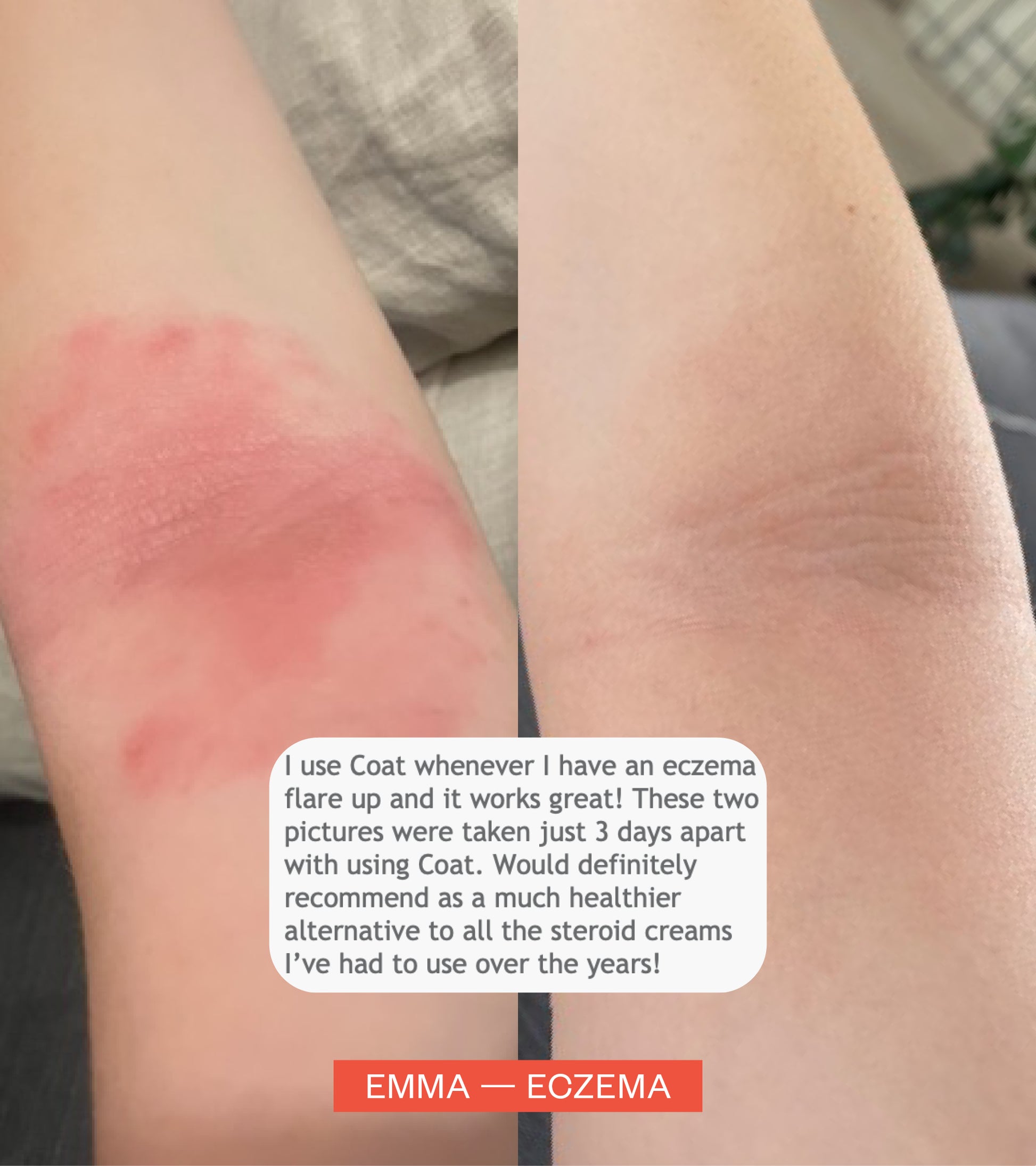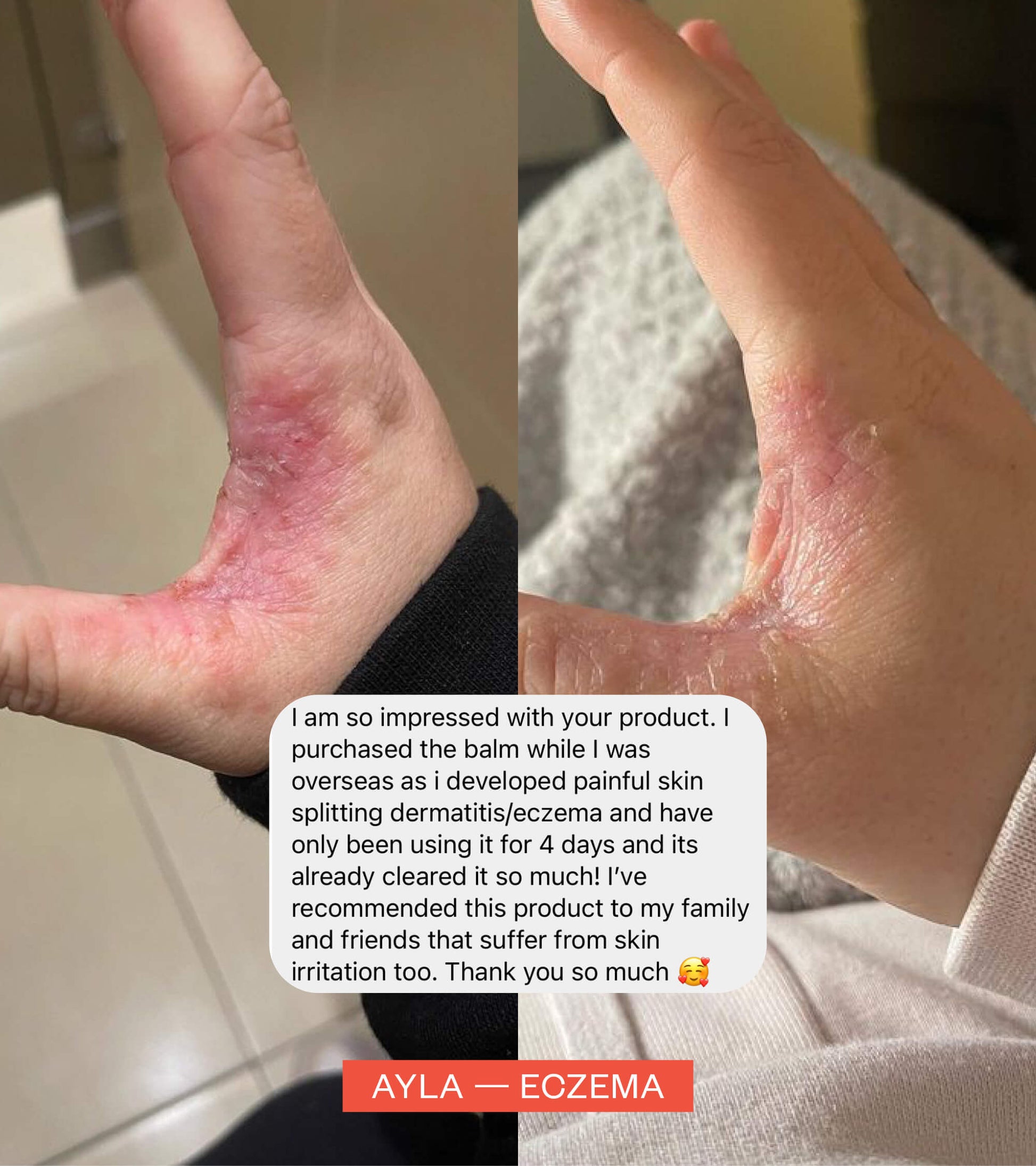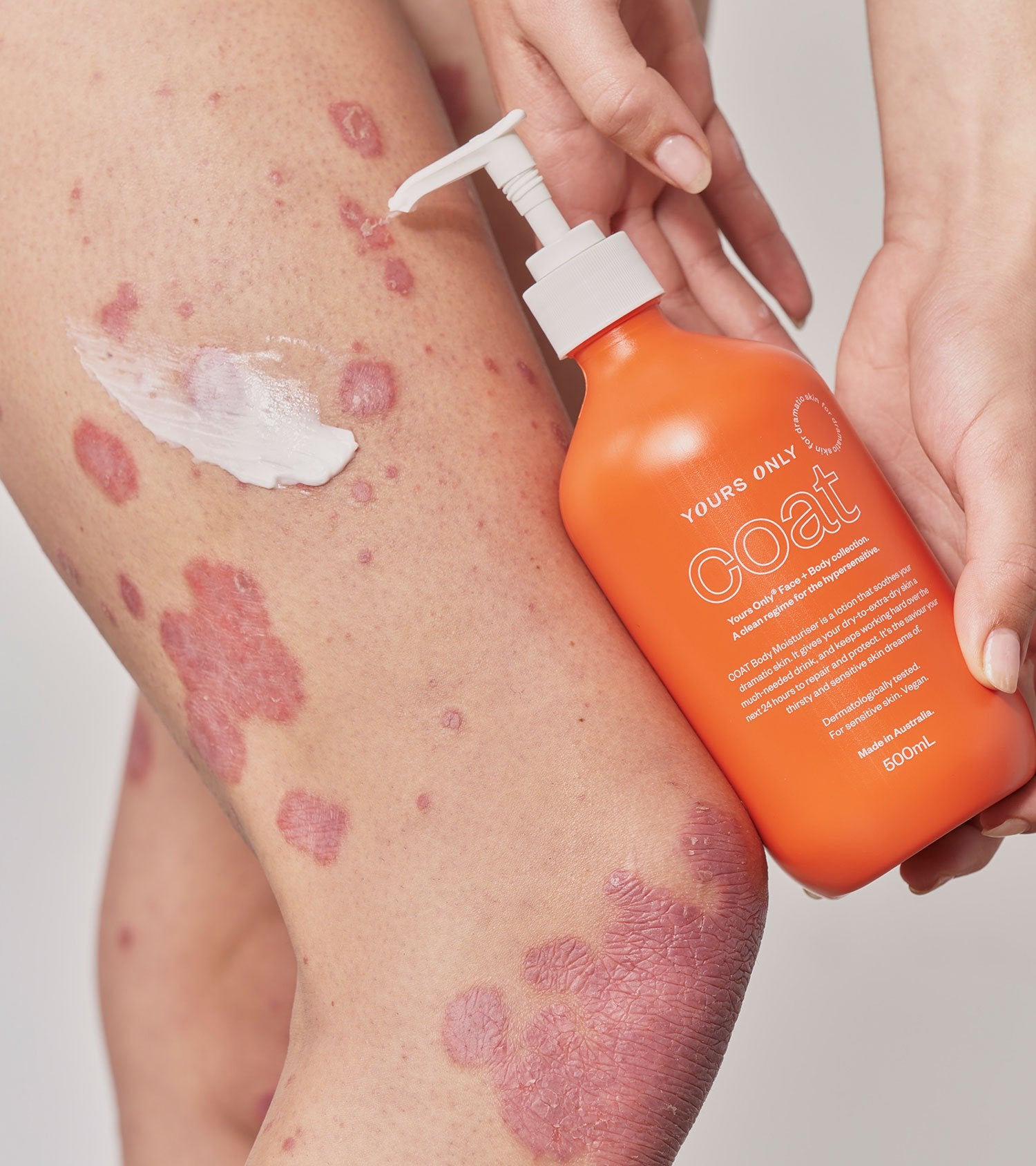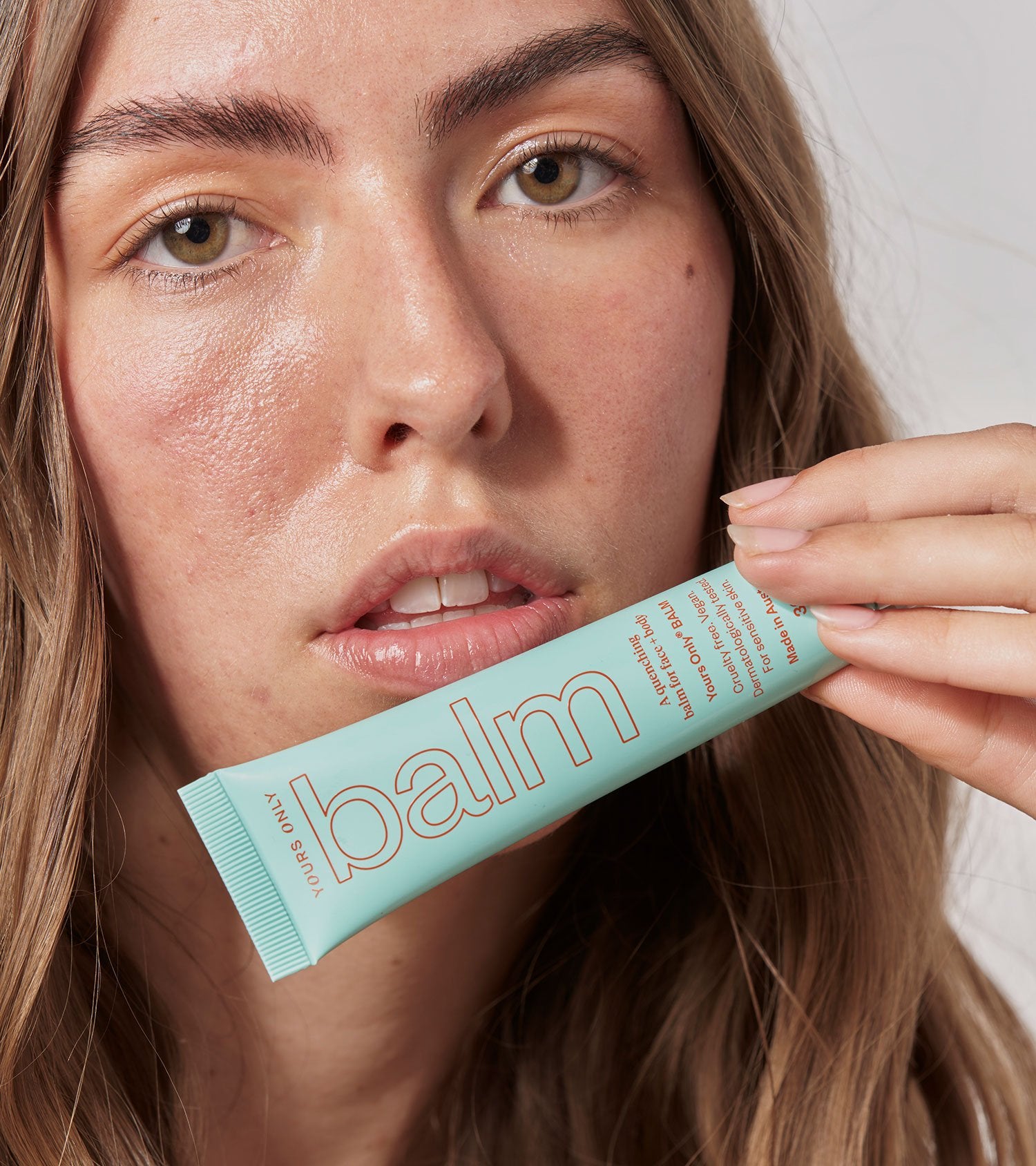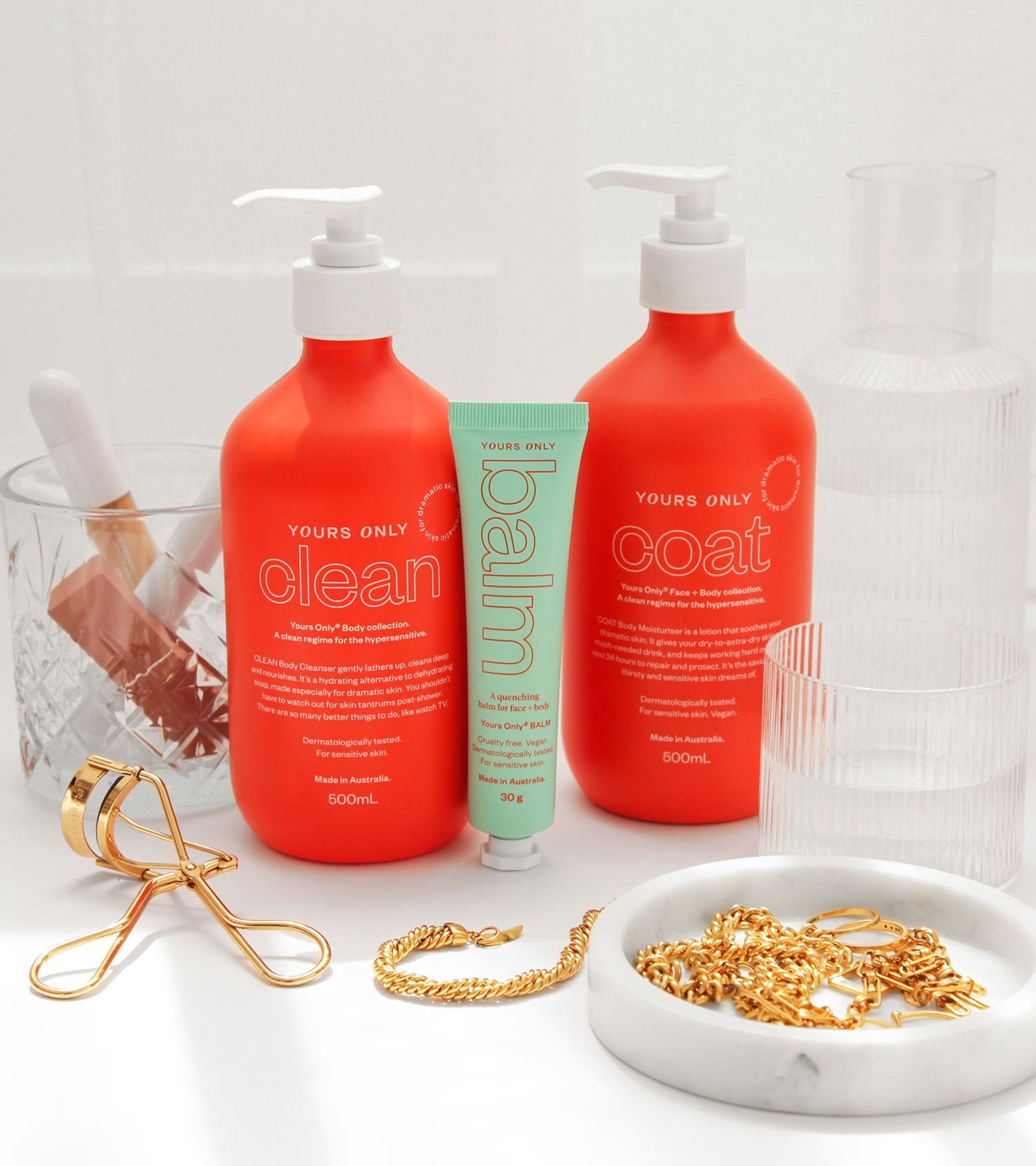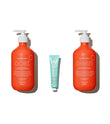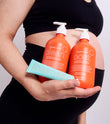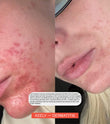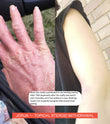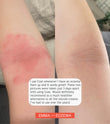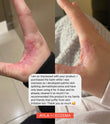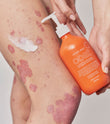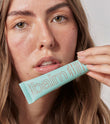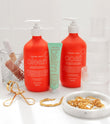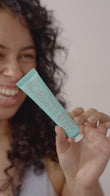A dietitian who understands how itchy eczema can be
After experiencing eczema as a kid and seeing so many specialists, Chloe decided to become a dietitian to help others in the same itchy boat as her.
Before you start reading, I wanted to jump in and introduce Chloe first. This is the superwoman dietitian who helped me see I had a food chemical intolerance. After years and years of horrendous symptoms, she was the one who led me on the right path. Ash x
One of my earliest memories of my skin having an impact on my daily life was being at school, and noticing my lunch box looked so different to the other kids as my Mum and I were trying yet another thing to try to get my eczema to settle down. Another distinct memory is a family holiday to QLD, and my eczema being so red, raw, and sensitive that going for a swim in the ocean caused so much pain it made me cry.
Why am I sharing this? Because I know you, Yours Only community, can undoubtedly relate.
As for some of you though, these early experiences helped to shape what I wanted to do with my life (a very real story Yours Only founder Ashli Templer has shared for herself as well!), with food sensitivity and the raised awareness at a young age of both how food impacted my skin, and also how it made me feel day to day, being one of the key reasons I became a dietitian. Fortunately, it has helped me become more empathetic, and develop a true curiosity of how what we eat can so dramatically impact our health. I like to think of it sometimes like being a nutrition detective – finding the gaps in someone’s diet, and then helping make the changes they need to make so they can live their best life.



